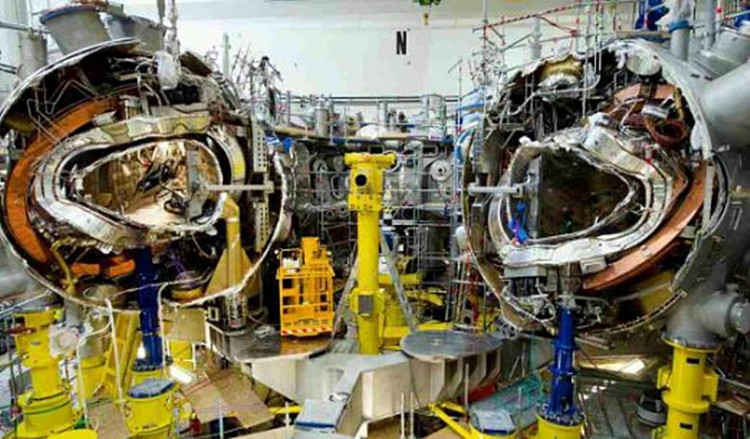China considers building the world's biggest particle accelerator in the world which will compete with Europe's own machine. Both the two countries plan to build a 100-kilometer-looped facility which is almost four times longer and ten times more powerful than the Large Hadron Collider (LHC).
Currently, the world's largest accelerator is the LHC which is run by the CERN in Switzerland. Scientists all around the globe made various efforts to surpass the accelerator's power through the development of the colliders.
The director of the Institute of High Energy Physics in Beijing, Wang Yifang, headed the accelerator proposal. He said that they are still in a phase of trying to convince the government to fund the construction.
According to Wang, China will attract international researchers and students if they are the first to build projects like the accelerator. The accelerator is expected to transform China into a scientific juggernaut.
The Conceptual plan released in November said that the funds for the research and development were granted by the Chinese government. The Circular Electron-Position smashes electrons and positrons at 240 billion electron volts.
Scientists said that the estimated €5-6 billion machines will be constructed by 2022 and it is expected to run by 2030. The new facility will chase the Higgs boson, the most famous subatomic particle in physics and replace the Beijing Electron Positron Collider which is scheduled to close down in next year.
According to Wang, they are still waiting for the final decision of the government before picking the site for the project. The final decision, however, may not come for another few years. He also added that government officials may worry about which project is going ahead.
The International Linear Collider planned to be constructed in Northern Japan is the closest to inception in the race to host the next accelerator. Japan's collider is more than 20 kilometers long. The proponents of the project are still waiting for the Japanese government's decision whether it wants to finance the Machine by March 7.
Wang said that China's collider would be able to measure Higgs properties with a factor of 10 improvements on the LHC. It is expected to generate a million Higgs bosons over a seven-year period.
Wangs's collider plan aims to surpass expectations. He said that as China's economy grows at a fast pace, it's funding on science is also surging but still not enough. China, currently, produces more journal papers than any other nation except the United States. And it has outspent the European Union in research and development.





